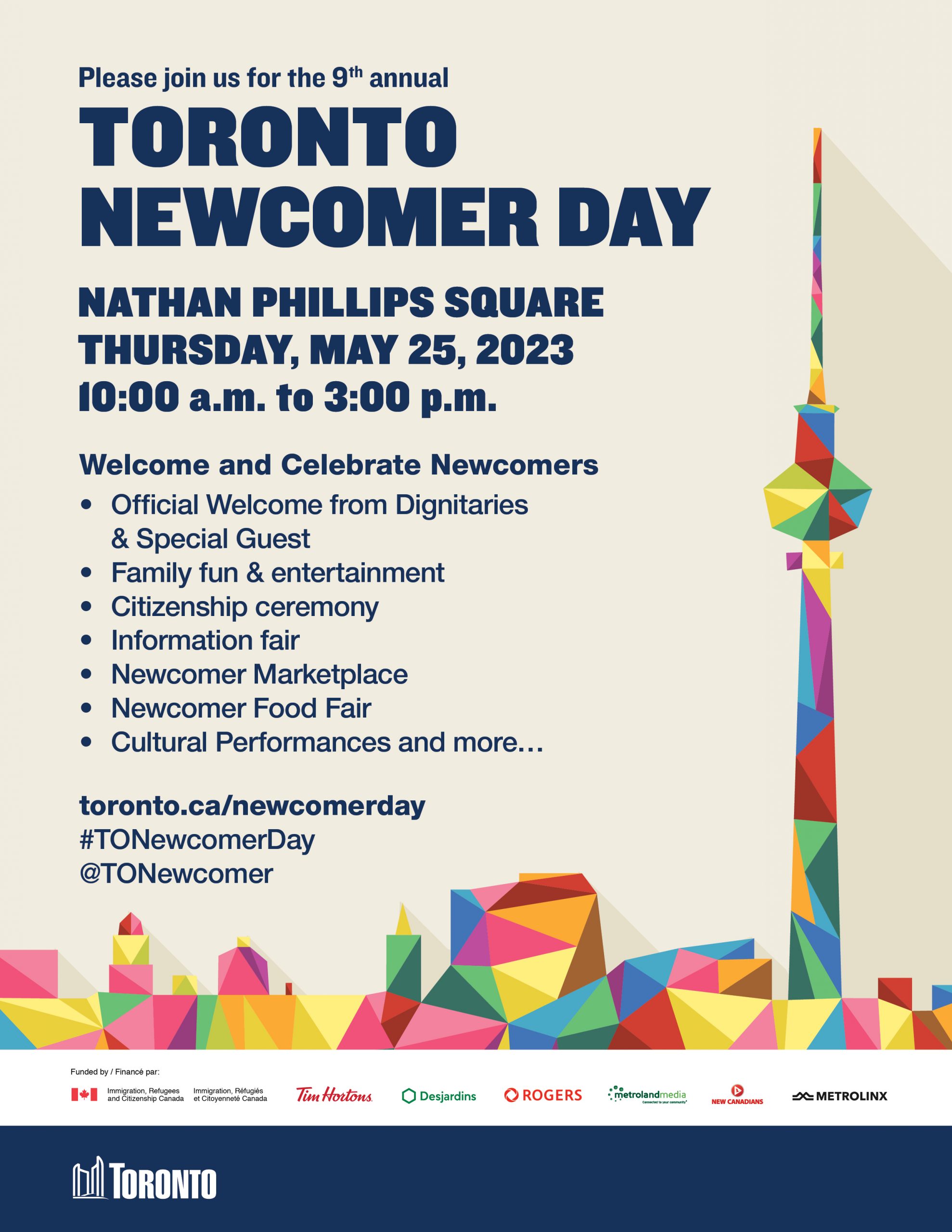Celebrating 20 Years of Mentoring at JVS Toronto: Empowering Skilled Immigrants to Achieve Career Success
For the past 20 years, JVS Toronto has been dedicated to helping skilled immigrants reach their career goals in Canada. With a rich history dating back to 1947, JVS Toronto has been at the forefront of meeting the needs of a rapidly changing world, always with a commitment to its vision of ensuring every individual has opportunities for employment. Mentoring has played a critical role in this journey, and today, JVS Toronto is proud to celebrate 20 years of successful mentoring initiatives.
Mentoring is a valuable tool for individuals seeking to establish their careers in a new country. JVS Toronto offers a range of mentoring services, including online mentoring, group mentoring, and in-person mentoring. These programs have been designed to support and empower skilled newcomers, providing them with the guidance, resources, and confidence they need to succeed in the Canadian labour market.
One of the key highlights of JVS Toronto’s mentoring initiatives is the online pre-arrival mentoring offered through the Canada InfoNet program. This unique service provides skilled immigrants with one-on-one and occupation-specific career support before they even arrive in Canada. With the right guidance and support at the right time, mentees can develop the labour market tools they need and increase their confidence to enter the Canadian labour market.
JVS Toronto has also formed strategic partnerships with various ethno-specific and occupation-specific organizations to offer group mentoring to their members and clients. These collaborations are a testament to JVS Toronto’s commitment to diversity and inclusion, and they have proven to be a great success. The organization also works closely with partners like World Education Services, training immigrant-led organizations to offer group mentoring to their communities.
As a community partner of the Toronto Region Immigrant Employment Council, JVS Toronto shares the common vision of helping newcomers connect with a mentor. With this partnership, newcomers receive valuable coaching and are able to build upon their international professional experience to secure relevant career opportunities within the Canadian workforce.
In conclusion, JVS Toronto is committed to helping skilled immigrants achieve their career goals in Canada. Over the past 20 years, the organization’s mentoring initiatives have been a critical component in empowering and supporting individuals as they navigate the labour market. Looking forward, JVS Toronto is eager to continue improving and growing its mentoring programs, building upon its past successes and ongoing collaboration with current and future partners.






